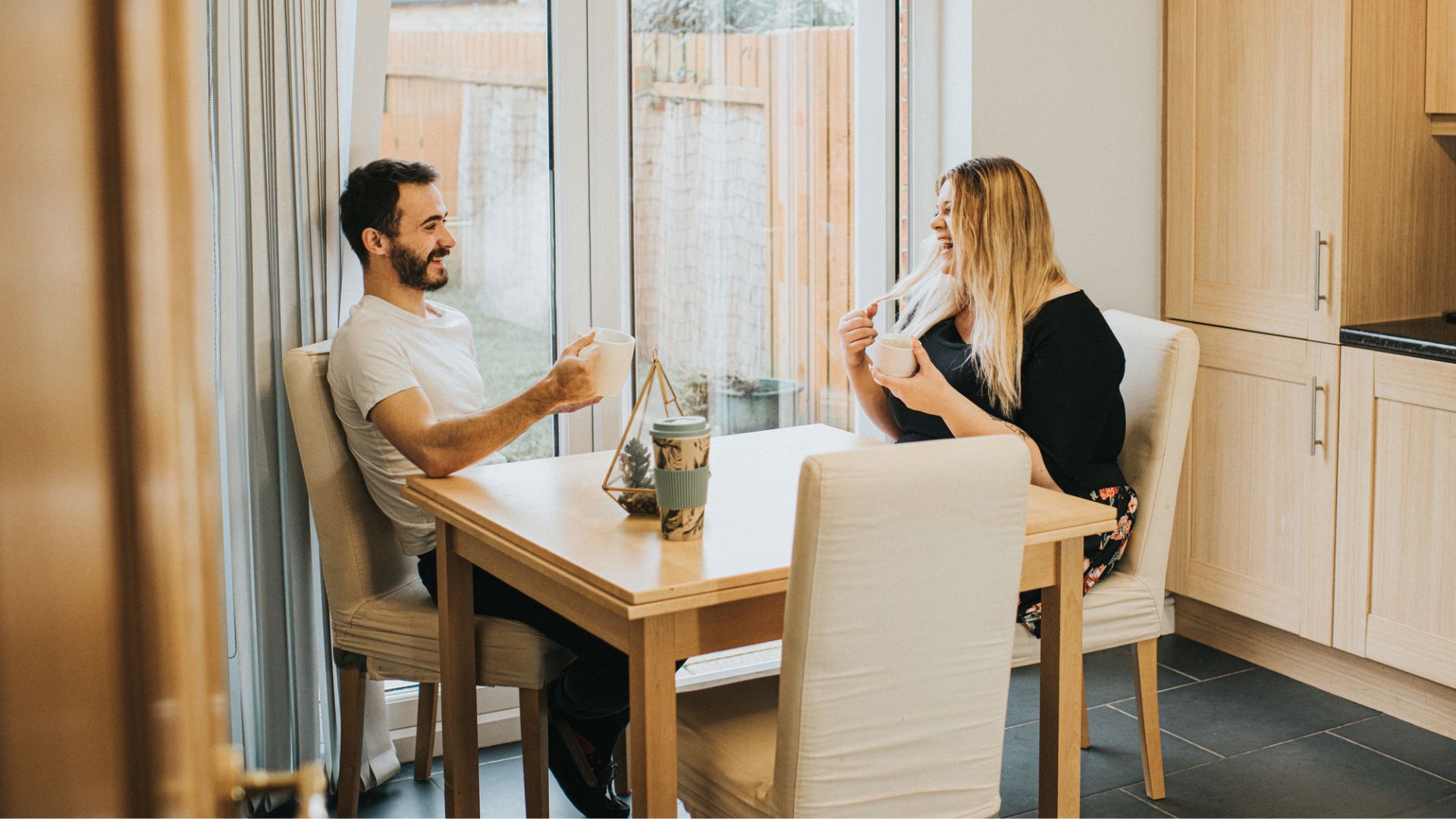A new study, published in the Journal of Science and Personal Relationships, reveals new details about the relationship between couples who gossip and their overall well-being.
The study, conducted by psychology researchers at UC Riverside, explored the role of gossip in producing positive outcomes in both same-gender and different-gender couples. Contrary to the popular belief that gossiping is negative, the recent study indicated that it can actually strengthen bonds between partners.
For the health of your relationship—gossip
The study’s lead author, Chandler Spahr, stated that everyone gossips, and for good reason, as it could be a sign that a relationship is strong. Spahr noted that this was “the first to examine the dynamics of gossip and well-being with romantic partnerships.”
The research team, led by Spahr, studied 76 same-gender and different-gender couples in Southern California. To capture their conversations, participants wore an Electronically Activated Recorder (EAR), a portable listening device, which recorded about 14% of their chatter throughout the day.
Researchers found that both same-gender and different-gender couples gossiped for about 38 minutes a day individually and 29 minutes a day together. The study found that woman-woman couples gossiped the most.
Interestingly, these couples reported high levels of overall happiness, suggesting that gossiping helps them bond. According to UC Riverside, woman-woman relationships showed the highest level of relationship quality.
The researchers explained that gossip isn’t typically about tearing someone down. Instead, it’s a way to discuss people who are not present. Senior author Megan Robbins described it as the experience of driving home from a party and recapping who was there and what happened, such as asking, “Did you see so-and-so?”
Gossip often gets a bad reputation, but that may be because the chatter is negative. For couples, however, “negatively gossiping with one’s romantic partner on the way home from a party could signal that the couple’s bond is stronger than with their friends at the party, while positively gossiping could prolong fun experiences,” the study’s authors wrote.
The study concluded that whether the gossip is positive or negative, it can signal that the couple’s bond is strong.
Why do people gossip?
The study’s authors suspect that gossip may “reinforce the perception that partners are on the same team,” thereby reinforcing “feelings of connectedness, trust, and other positive relationship qualities, as well as contributing to overall well-being.”
Furthermore, the authors suggested that gossip could be a social regulation tool that helps establish expectations and behaviors that contribute to a harmonious relationship, said UC Riverside.
This study builds on a previous survey Robbins conducted in 2019 that debunked common myths about gossip. The 2019 study found that women do not tear people down more than men, and lower-income individuals do not gossip more than wealthy people. It did, however, find that younger people tend to engage in negative gossip more often than older adults.
These psychology researchers continue to study the function of gossip because, as Robbins stated in a UC Riverside press release, “everyone does it.” If everyone gossips, there must be a deeper reason, as it’s a way for people to bond and reinforce their relationships.
The study was published in the Journal of Science and Personal Relationships.
